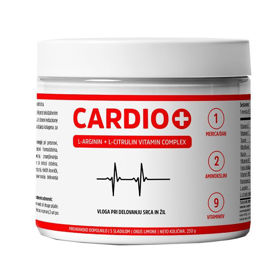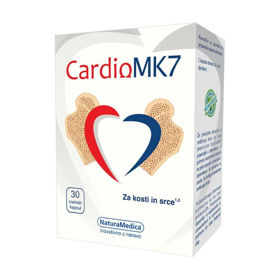Customer question:
Is heart pain a sign of a heart attack? Anonymous customer's question
Pharmacist's answer:
Pain in the heart area can be a sign of various heart problems, including a heart attack. A classic symptom of a heart attack is chest pain, but it is important to note that not every pain in the heart area means a heart attack.
Pain in the heart can occur for various reasons, namely:
- Heart attack: Typically, there is a squeezing, pressing, or severe pain in the center or left side of the chest. The pain may radiate to the left arm, jaw, neck, back, or abdomen.
- Angina pectoris: The pain that occurs with angina pectoris is similar to the pain of a heart attack. It occurs when the heart is strained and usually disappears with rest or using nitroglycerin as a medicine.
- Pericarditis: Inflammation of the pericardium, the sheath around the heart, can cause sharp pain in the chest that worsens with deep breathing or coughing.
- Myocarditis: Inflammation of the heart muscle can cause chest pain reminiscent of a heart attack.
- Gastroesophageal reflux disease (GERD): This can cause pain in the heart area, which some people describe as a burning pain.
- Muscle tension: Muscle tension in the chest area can cause pain that resembles heart pain.
If you experience heart pain, especially if it is intense, spreads to other parts of the body, or is accompanied by other symptoms such as shortness of breath, nausea, or sweating, it is critical to seek emergency medical attention. Only a professional assessment can determine the cause of the pain and provide appropriate treatment. Don't delay in seeking help, especially if heart problems are suspected.
Interesting reading: Burning pain in the heart
Interesting reading: Heart palpitations













